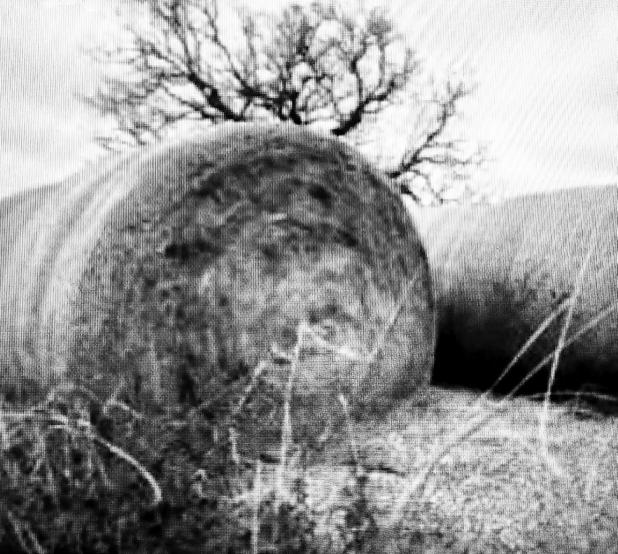
Hay prices reach 50-year high
The state agriculture extension warned that hay supplies would remain tight and the price of feeding herds through the winter would likely rise as farmers reckon with effects from the 2022 drought and spiking prices for fertilizer, grain and other supplemental feed.
The Texas A&M AgriLife Extension Service experts said farmers should maintain cow body condition scores well enough to ensure those cows are ready to breed following this spring calving season. “It’s a challenging year, but indications point toward extremely good prices for next year’s calf crop,” Jason Cleere, Ph.D., AgriLife Extension beef cattle specialist, said.
“I suspect producers are going to be short on hay if we don’t get an early spring green-up. My main message would be: Don’t cut too many corners now that you can’t take advantage of good calf prices in the future.”
Short hay supplies and strong demand have now pushed hay bale prices toward record high prices. The U.S. Department of Agriculture’s Texas Hay Direct Report for Jan. 27 priced large round bales of good-to-premium Bermuda grass between $70 and $175 each with prices for the same quality hay reaching $410 per ton in the Panhandle. Most counties across the state are reporting decent quality bales above $100. Deeper than usual culling in preparation of that winter feeding shrunk Texas cattle numbers and the national herd to lows not seen since 2012, said David Anderson, Ph.D., AgriLife Extension economist. Anderson said Texas pastures produced the lowest amount of hay since 2011. Hay yields averaged nearly 1.95 tons per acre over the last decade but totaled 1.56 tons per acre in 2022. Texas produced 4.44 million tons of hay in 2011 compared to 6.5 million tons in 2022. Producers who maintained their pastures and avoided overgrazing in 2022 should be in good shape if good soil moisture is available, experts said.
